5 Tips for Using AI for Daily Strategy Execution and Planning
Artificial Intelligence (AI) is increasingly becoming a daily part of life for many, and this trend is set to accelerate as tools such as Apple’s new AI reach mass adoption. Apple now has AI integrated into iPhones (iOS 18.2) and Macs (Sequoia 15.2), with many useful features embedded into applications like Notes, Safari, and more. These features allow users to inquire about the reasonableness of a proposal or compile research on a client for an upcoming meeting. While similar capabilities have been available in tools like ChatGPT for some time, their integration into widely-used apps makes them more accessible and practical for daily use.
Given this backdrop, it's easy to leverage AI effectively for daily strategy execution and planning. Below are some of the AI tips that I use regularly, many daily. You can certainly do these using your own prompts with any AI chat tool such as ChatGPT, Copilot, or Gemini, but I’ll also explain how this is integrated into our Inspire platform for a better and more comprehensive experience.
1. Weekly and daily planning, high impact tasks, Copilot for Office
I’ve always been a big fan of the 7 Habits approach to weekly and daily planning to start the week with big rock tasks against your goals and roles. Lately, I’ve been using Microsoft’s Copilot AI prompt to ask for suggestions on high-impact tasks that I can plan and accomplish in the week ahead while feeding it my objective title, key result titles, and progress. ChatGPT does a great job with this as well, but if you have Copilot for Office 365, the results I’ve been getting are mind-blowing because it suggests tasks related to recent emails that I’ve sent, meetings held, or even files that were shared with me that I was unaware of for some very useful task planning against my goals. The Inspire software platform has a dedicated planning module that makes it easy to plan tasks against goals and roles while synchronizing them with your Outlook calendar and task list. AI makes this process even better by suggesting high-impact tasks that are executable and many times suggesting tasks that I might not have thought of on my own.
2. Bi-weekly strategy review
We just held our last biweekly strategy review of the year and used a combination of an AI-generated narrative that compares current progress with where we were during our last review while highlighting all the wins, initiatives, and setbacks. We’re also able to save many staff hours of prep to auto-generate PowerPoint slides from this narrative file. We’re using Copilot for this based on the Inspire AI-generated narrative, but Gemini is also getting better at generating slides from files.
3. Preparing for a 1-1
I schedule weekly 1-1’s with each of my direct reports on Mondays and Tuesdays for a 30-minute meeting to discuss progress on goals, tasks, and anything they need direction or support on. Using AI to suggest conversation starters based on their recent accomplishments or requests for help can really make a difference in the quality of the conversations. By feeding the AI recent updates from my direct reports, it can generate personalized prompts that ensure our discussions are focused and productive, making each meeting more valuable.
4. Provide feedback on end-of-quarter appraisals with 360 feedback
AI integration into the performance management process has been a game-changer, not only in time savings but also in the quality of the written feedback. This quarter, every employee was able to use AI to suggest 360 feedback for their peers based on goal progress data and contributions, as well as improvement areas such as new learning. As a manager, reviewing this new 360 feedback during the appraisal process provides a much richer and more comprehensive view of the employees' strategic accomplishments, as well as great ideas to consider working on in the next quarter. This approach ensures that feedback is both constructive and encouraging, fostering a culture of continuous improvement.
5. Provide quality recognition
The end of the year is a great time to reflect on accomplishments, and using AI to help draft awards and verbiage on certificates is another helpful tool that can improve the quality of the experience for both the author and the receiver. By leveraging AI, I can quickly generate meaningful and personalized recognition messages that celebrate the hard work and achievements of our team members. This not only saves time but also enhances the quality and impact of the recognition, making it a cherished moment for the recipients.
By integrating AI tools into our daily workflows, we can optimize our strategy execution and planning, making our processes more efficient and our outcomes more effective. These tips are just the beginning of how AI can transform the way we work, providing insights and automation that empower us to achieve our goals with greater precision and less effort.

